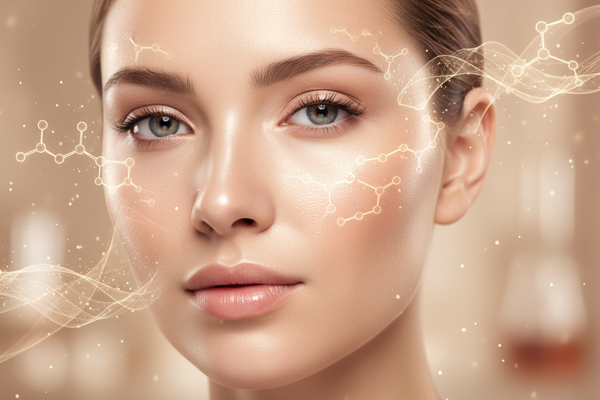Facing the Foe

Facing the Foe: Understanding and Combating Face Acne
Acne. The bane of many teenagers (and sometimes adults too!). It can be frustrating, embarrassing, and downright stubborn. But fear not, fellow warriors against blemishes! This guide will equip you with knowledge and strategies to combat face acne and achieve a clearer, calmer complexion.
Understanding the Enemy: What Causes Acne?
Acne develops when several factors team up to clog your pores. Here's the breakdown:
- Excess Oil Production: Sebum, an oily substance naturally produced by your skin, can sometimes overstay its welcome. This excess oil mixes with dead skin cells and can clog pores.
- Bacteria: P. acnes bacteria thrives in clogged pores, leading to inflammation and the development of pimples.
- Hormonal Changes: Fluctuations in hormones, especially during puberty, can trigger increased sebum production and contribute to acne breakouts.
- Other Factors: Genetics, stress, diet, and certain medications can also play a role in acne development.
Types of Acne:
Acne comes in various forms, each requiring slightly different approaches:
- Whiteheads: Closed clogged pores, appearing as white bumps under the skin.
- Blackheads: Open clogged pores with oxidized sebum, appearing as black dots.
- Papules: Small, red, inflamed bumps caused by bacteria buildup.
- Pustules: Pus-filled bumps, often referred to as pimples, caused by infection.
- Nodules: Large, painful bumps that develop deep within the skin.
- Cysts: The most severe form of acne, cysts are large, pus-filled lesions that can cause scarring.
Battling the Breakouts: Treatment Options
The good news is there are effective ways to manage and even prevent acne. Here are some common treatment approaches:
- Over-the-counter (OTC) Products: These readily available products contain ingredients like salicylic acid, benzoyl peroxide, and alpha hydroxy acids (AHAs) to exfoliate dead skin cells, fight bacteria, and reduce inflammation.
- Prescription Medications: For more stubborn acne, a dermatologist might prescribe stronger topical medications, antibiotics, or hormonal therapies.
-
Lifestyle Changes:
- Cleanse regularly: Wash your face twice a day with a gentle cleanser.
- Moisturize: Don't skip moisturizer! It helps prevent dryness, which can worsen acne.
- Don't pick or pop: Picking at your pimples can lead to scarring.
- Manage stress: Chronic stress can exacerbate acne.
- Diet: While there isn't a one-size-fits-all acne diet, some research suggests limiting sugary and processed foods may be beneficial.
Seek Professional Help:
If your acne is severe, persistent, or causing scarring, don't hesitate to consult a dermatologist. They can assess your specific situation and recommend the most effective treatment plan for you.
Bonus Tips for a Clearer Complexion
- Exfoliate regularly: Regular exfoliation can help remove dead skin cells and prevent clogged pores. Use a gentle exfoliating scrub 1-2 times per week.
- Spot treatment: For occasional breakouts, use a spot treatment containing benzoyl peroxide or salicylic acid to target pimples directly.
- Sun protection: Sun exposure can worsen acne. Always wear sunscreen with SPF 30 or higher, even on cloudy days.
Remember:
Acne management is a journey, not a sprint. Be patient, consistent with your routine, and celebrate your progress. With the right knowledge and approach, you can achieve a calmer, clearer complexion and feel confident in your beautiful skin.




